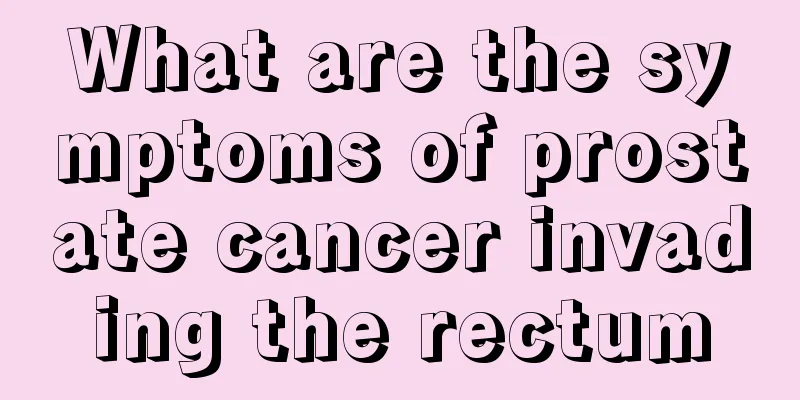How to deal with the sequelae of laryngeal cancer radiotherapy

|
What are the sequelae of laryngeal cancer radiotherapy? The occurrence of laryngeal cancer is related to bad living habits and irregular work habits, such as working overtime, eating spicy food, smoking, drinking, etc., which are very easy to get laryngeal cancer; at the same time, due to the lack of relevant knowledge about early laryngeal cancer, it cannot be discovered early, and treatment is delayed, resulting in worsening of the disease. By the time there are obvious symptoms, it is already in the late stage. Radiotherapy is an effective treatment for late-stage laryngeal cancer. The short-term treatment effect is significant, but it also has serious side effects. So how to solve the sequelae of laryngeal cancer radiotherapy? How to solve the sequelae of laryngeal cancer radiotherapy? Radiotherapy is a common method for treating laryngeal cancer in clinical practice, but radiotherapy can cause side effects such as mucosal damage, bone marrow suppression, and leukopenia. Therefore, patients should do a good job of nursing in time: 1. General care: During radiotherapy, patients should first pay attention to routine skin care matters, such as avoiding local application of cosmetics, trimming nails, avoiding scratching the skin, avoiding excessive sun exposure to the irradiated area, avoiding clothing pressure or restraint or clothing materials that are too rough and rubbing against the skin. Male patients are advised to use electric shavers, etc., and try not to add pressure to damaged skin. 2. Care for skin redness and dry desquamation: When redness and dry desquamation occur on the skin, use a clean wet towel to gently wash the damaged surface and surrounding skin, keep the local skin clean and hygienic, and avoid bacterial infection. Carefully care for scab-like skin and do not peel it off without authorization. After cleaning, apply lotion, cream, or moisturizer around the skin to reduce dryness, itching, and other discomfort caused by skin reactions. 3. Patients should also quit smoking and drinking, and eat less or no fried, spicy and other irritating foods. In order to reduce irritation to the mouth, do not eat too hot or scald food. Patients should not blow their noses or sneeze too hard; do not pick their noses with their hands or irritate the nasopharyngeal mucosa. They should maintain good rest, prevent colds, and treat coughs in time. 4. In addition to physical care, the impact of psychological factors on the disease should also be taken seriously. It is common in clinical practice that cancer patients are depressed. We should pay more attention to the patients and take the initiative to explain the relevant treatment conditions to the patients, so that they can stabilize their thoughts and emotions, overcome psychological barriers, correctly treat the disease and treatment methods, and cooperate with various treatments and care in the best psychological state. |
<<: How to prevent pancreatic cancer recurrence
>>: Are esophageal cancer and laryngeal cancer contagious?
Recommend
How to treat high urine protein, people need to pay attention
Nowadays, people don’t know why they will have va...
What are the specific treatments for bone cancer
With the progress of the times, people's livi...
How long can you live after being diagnosed with advanced lung cancer
It is not possible to generalize how long patient...
Five major causes of esophageal cancer
Esophageal cancer, like other malignant tumors, h...
What tea should I drink for dry mouth, bitter taste and bad breath
Sour, sweet, bitter, spicy and salty are five fla...
How many times do I need to get the whitening injection to be effective?
Whitening injections are a common method of beaut...
What medicine can cure small cell lung cancer quickly
What medicine can cure small cell lung cancer qui...
Can I eat and drink normally a few days after teratoma surgery?
After teratoma surgery, you can generally try to ...
From which aspects can the differential diagnosis of glioma be made
The diagnosis of glioma can be based on the patie...
The symptoms of gastric cancer are what we should always pay attention to
The most common oncological disease is gastric ca...
Calf scraping direction
Gua Sha is a relatively traditional physical ther...
What to do if your heart beats slowly
A person's heart rate is defined within a ran...
Why do I sweat in the middle of the night? Am I suffering from a disease?
Some friends sweat while sleeping and only realiz...
Patients should actively understand the common care methods for colorectal cancer
Colorectal cancer is a common disease. Once contr...
Which of the 7 most harmful postures is yours?
Health is the capital of life, without health eve...









